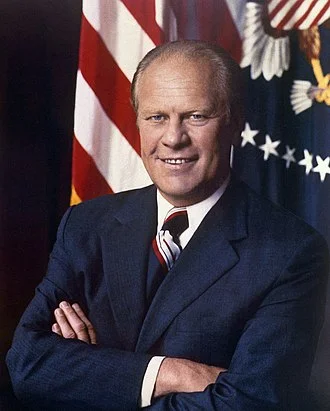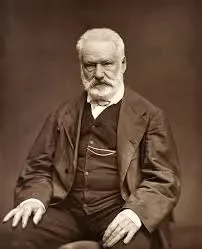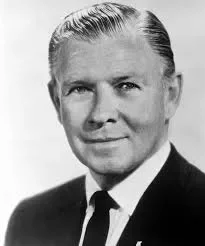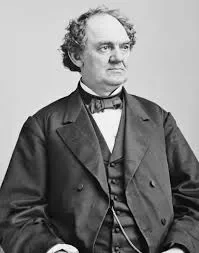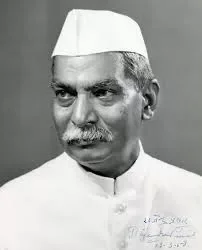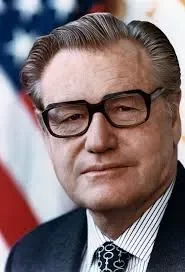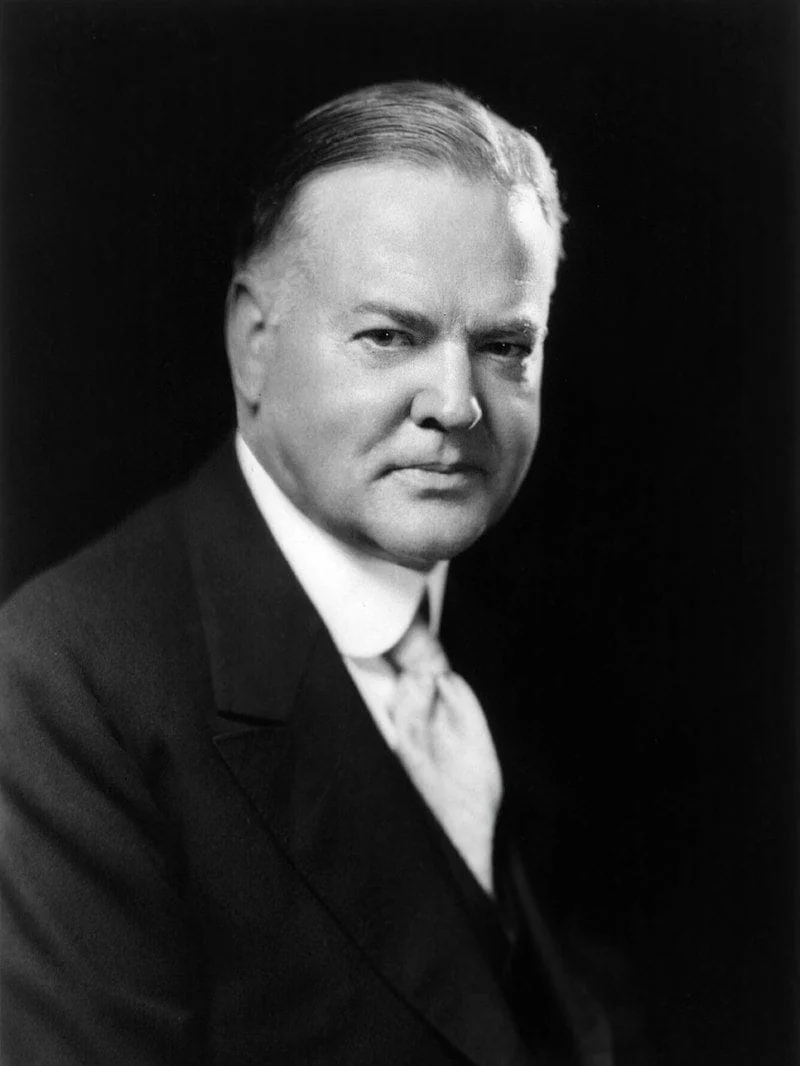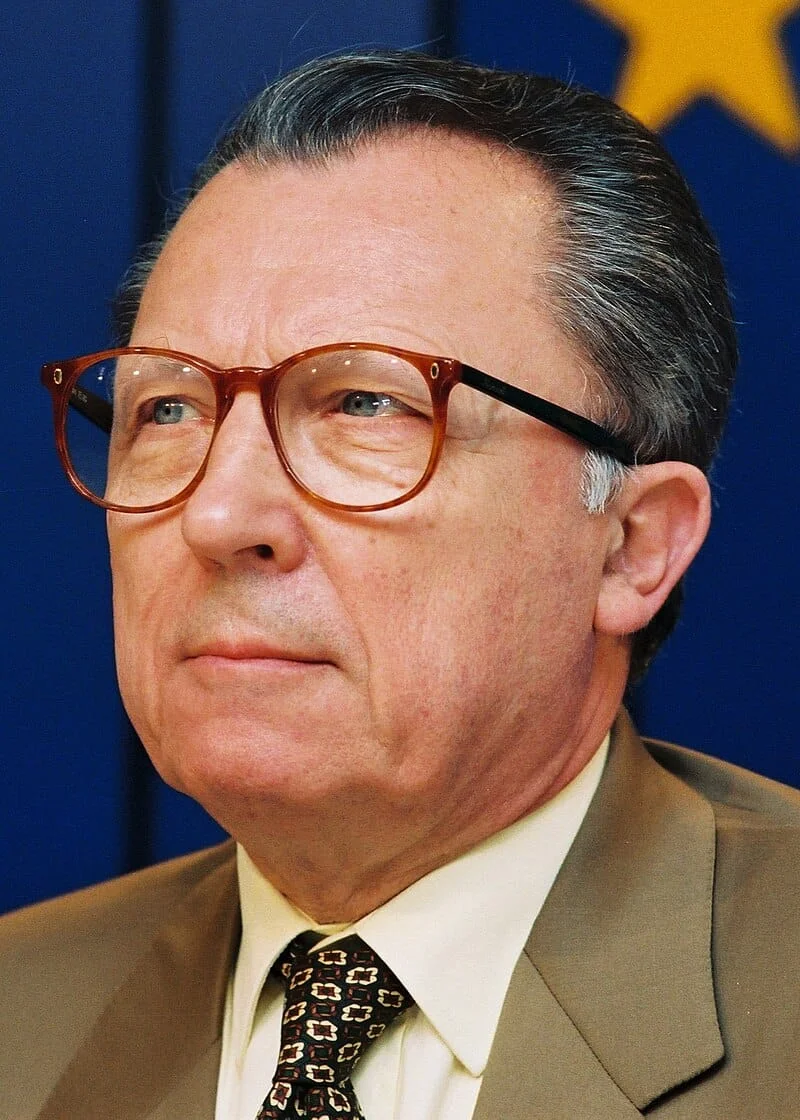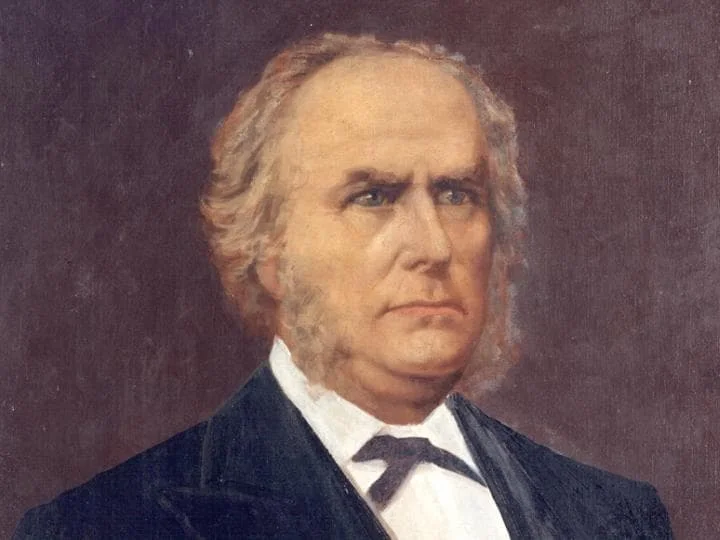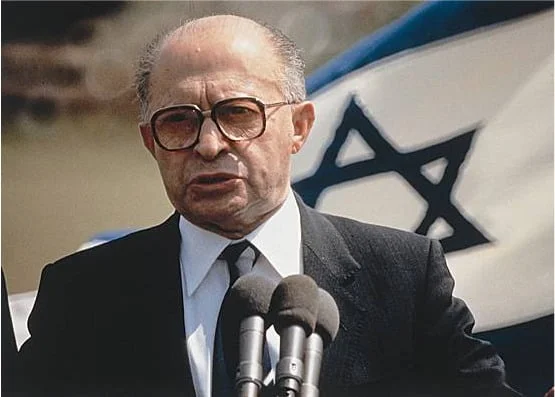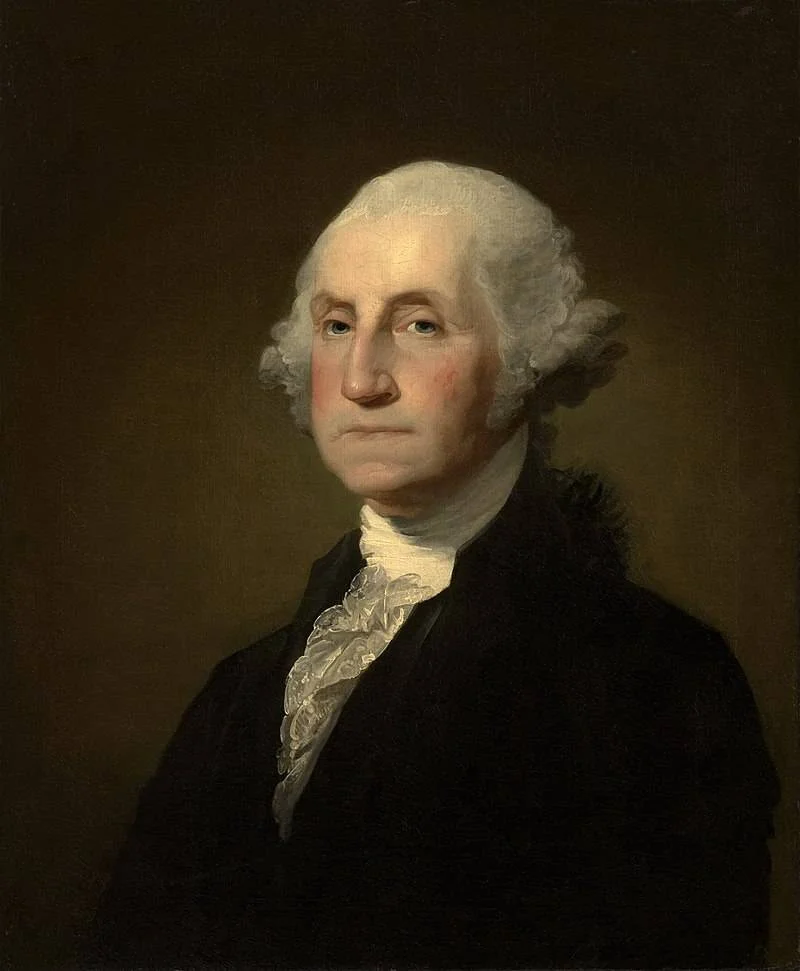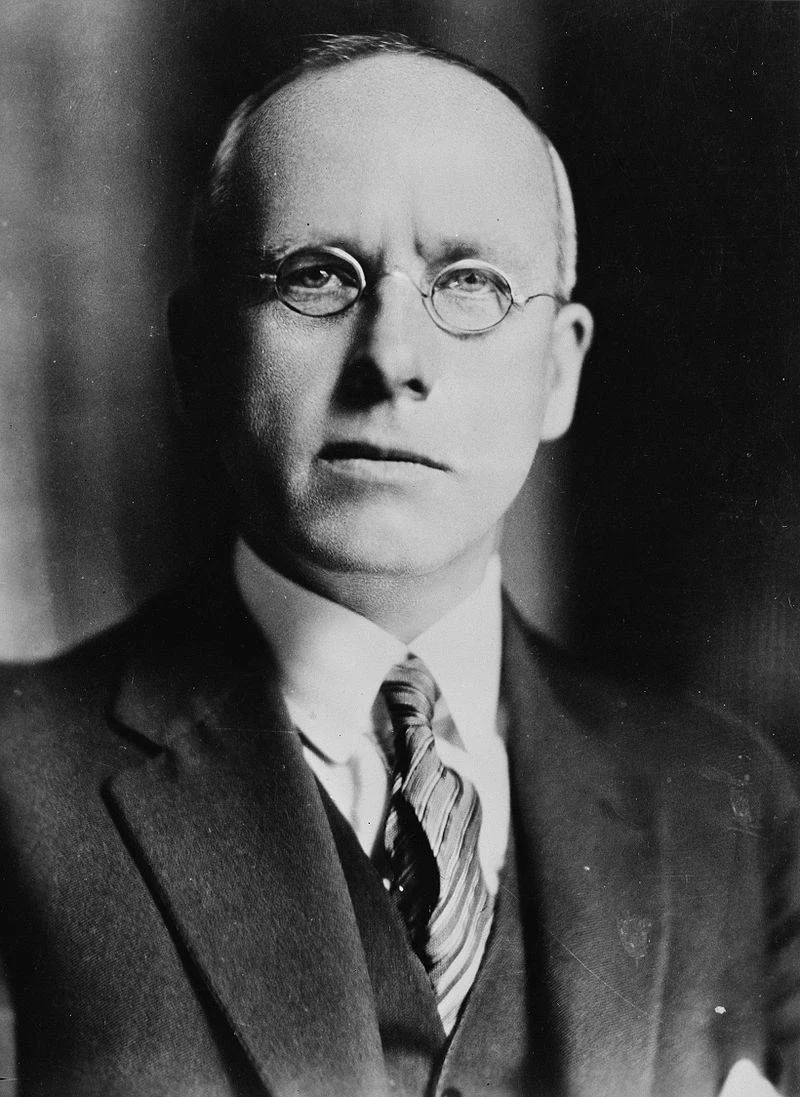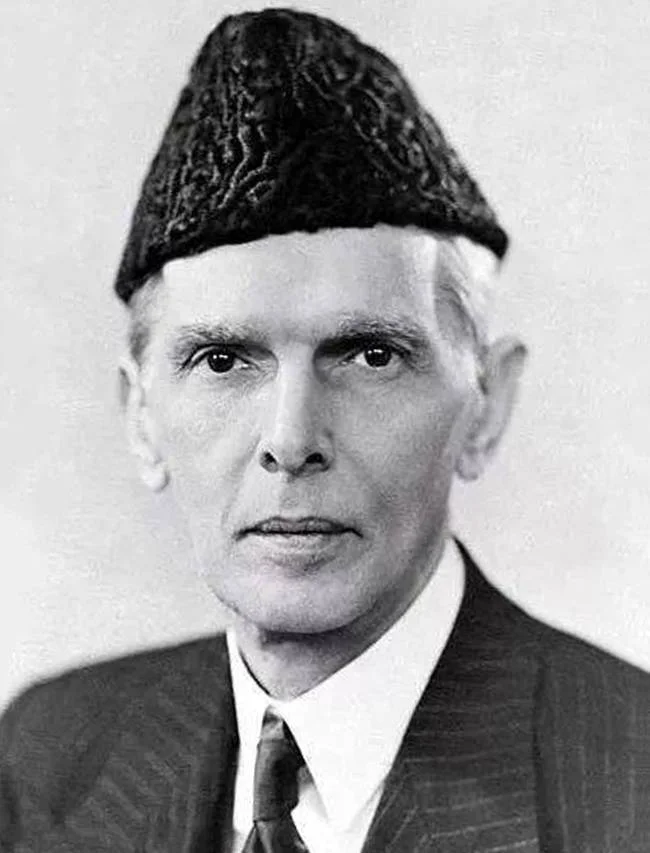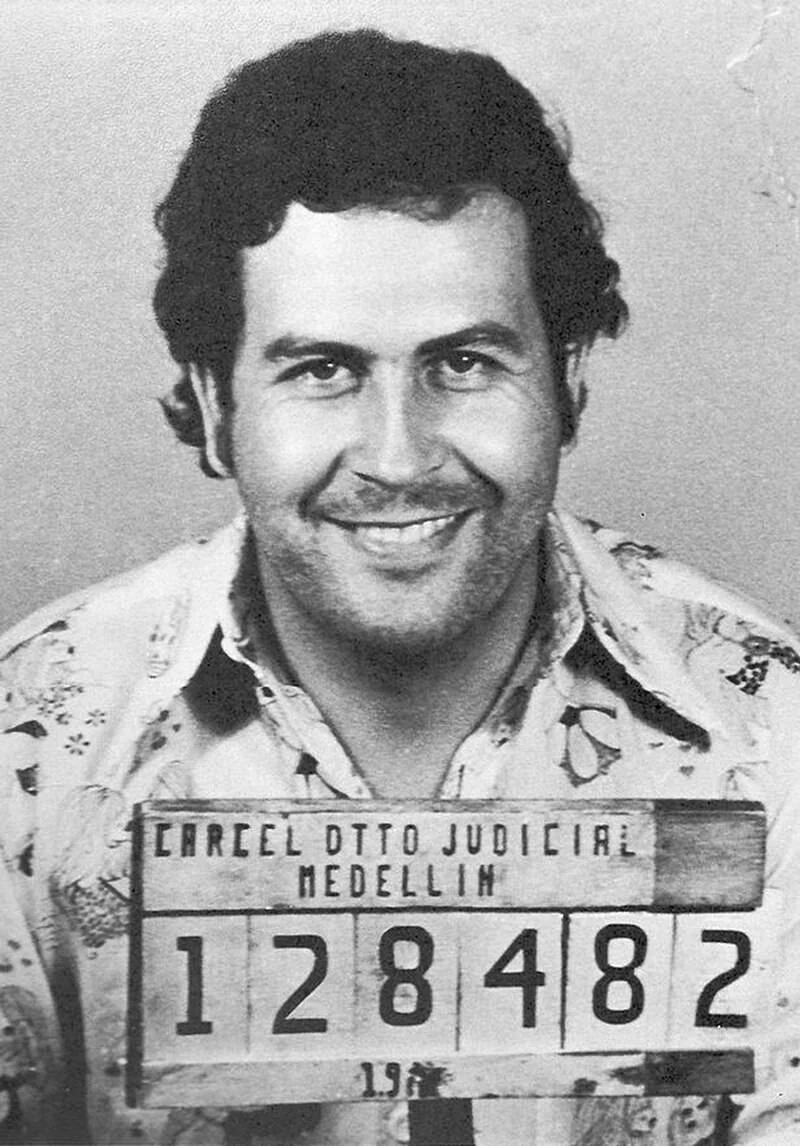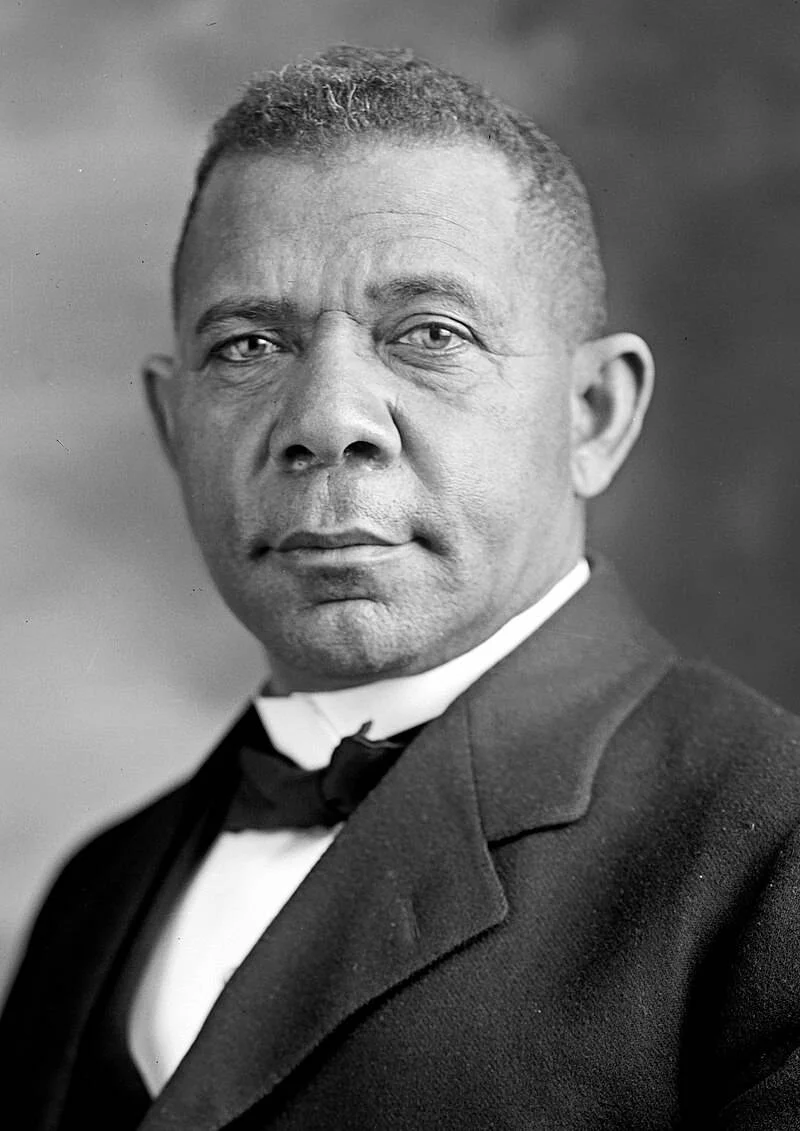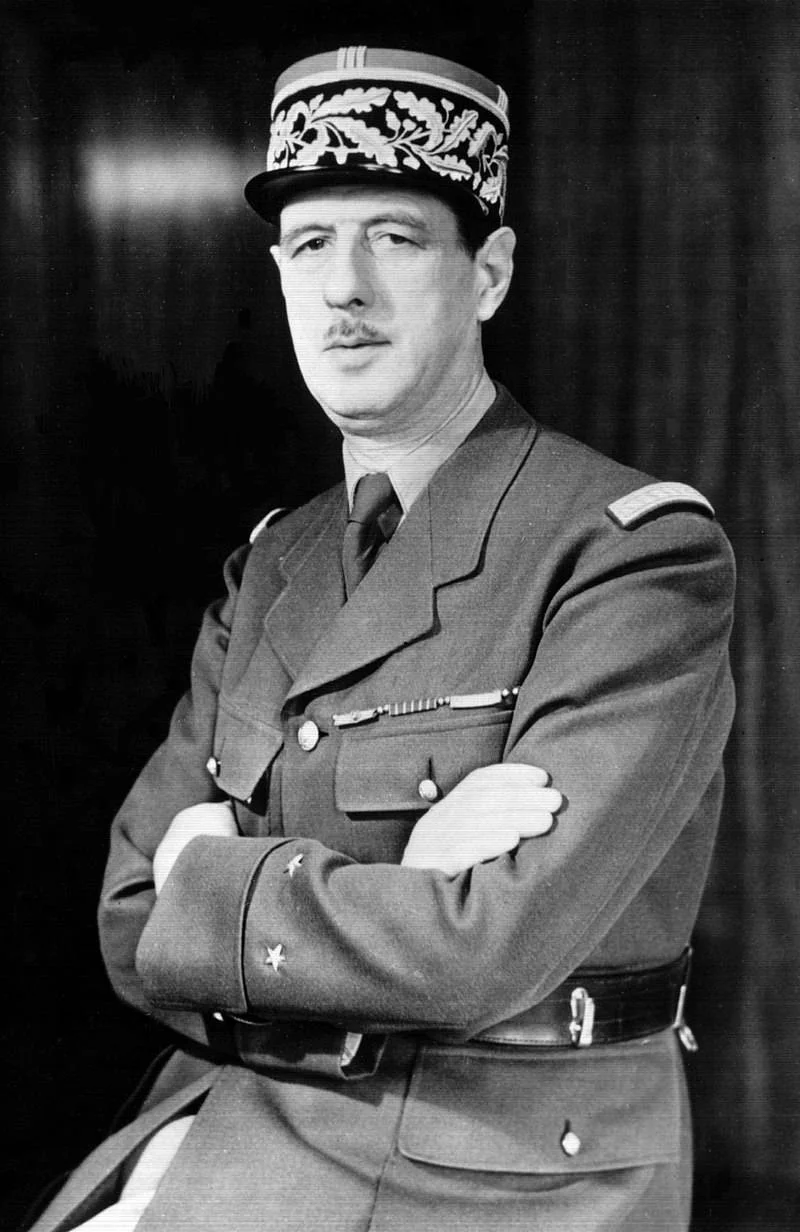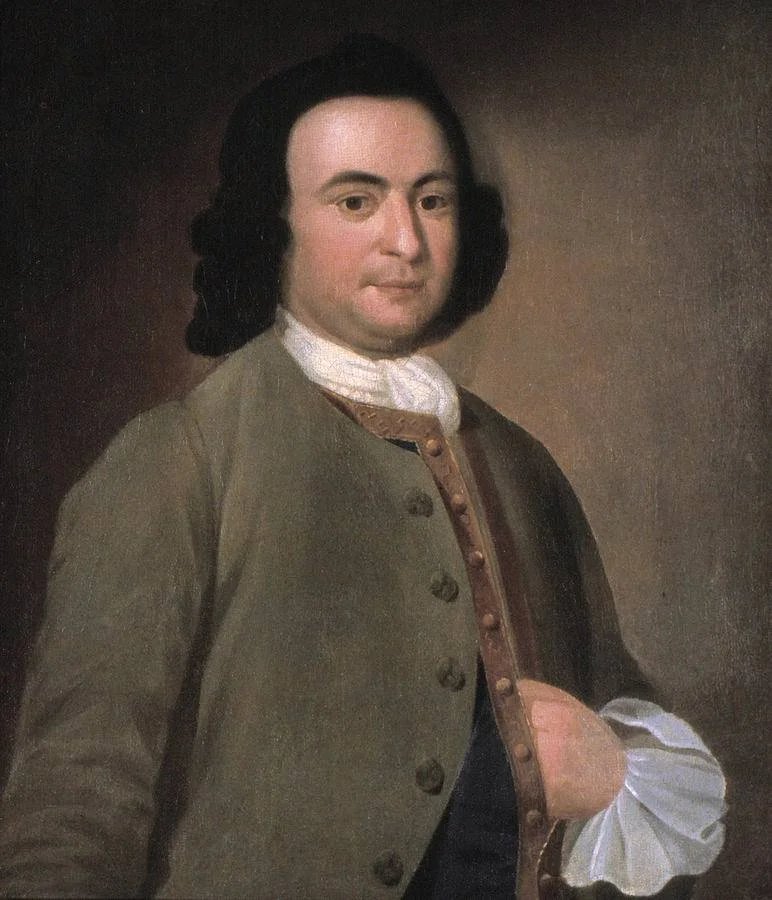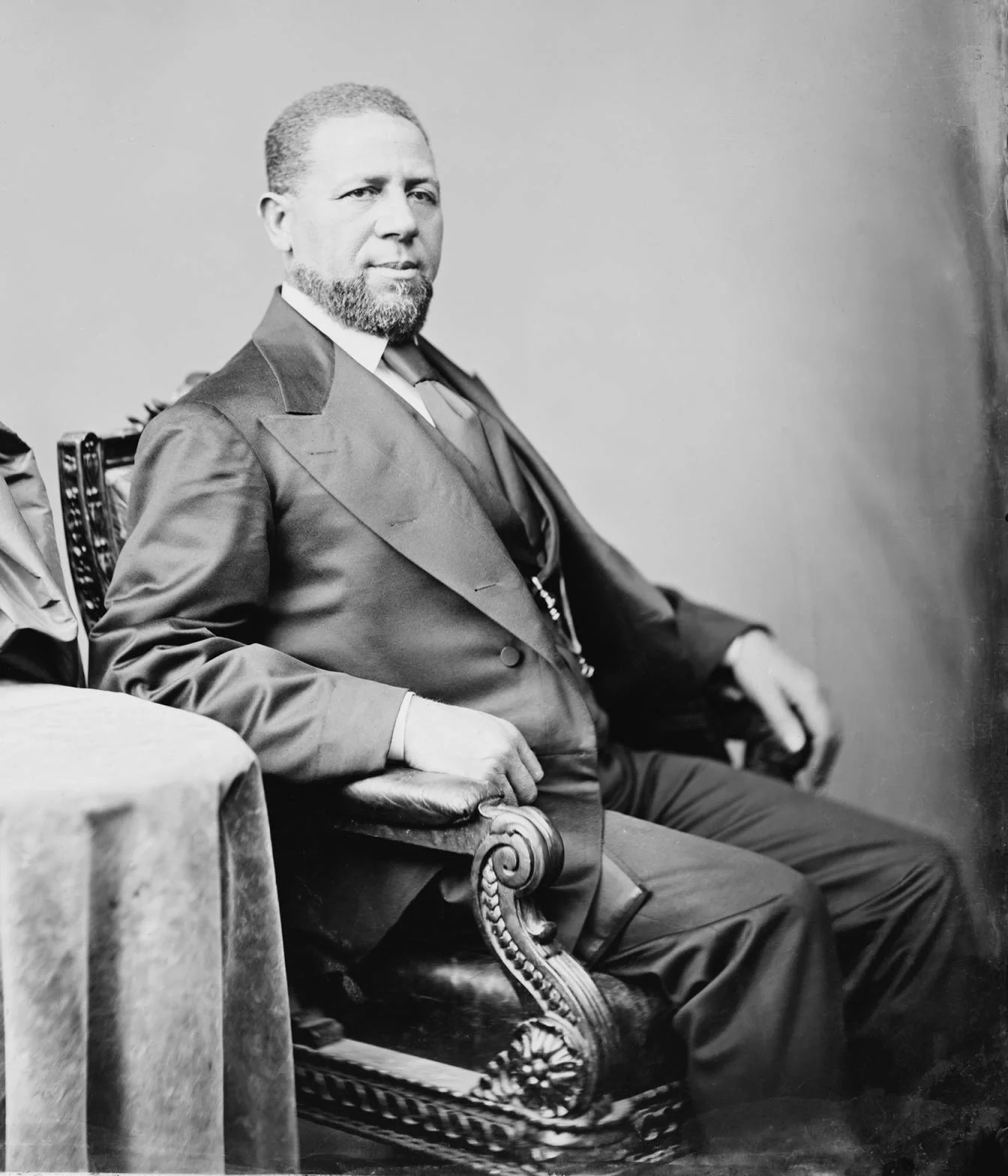Real Celebrities Never Die!
OR
Search For Past Celebrities Whose Birthday You Share
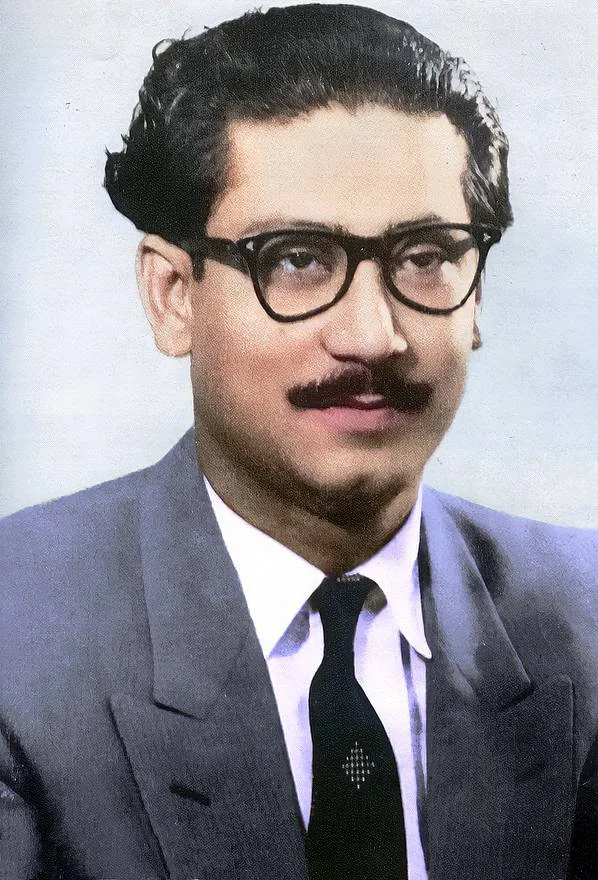
source: wikipedia.org
Sheikh Mujibur Rahman
Birthday:
17 Mar, 1920
Date of Death:
15 Aug, 1975
Cause of death:
Assassination
Nationality:
Indian, Pakistani, Bangladeshi
Famous As:
Insurance executive
Age at the time of death:
55
Sheikh Mujibur Rahman's Quote's
Introduction to Sheikh Mujibur Rahman
Sheikh Mujibur Rahman was the founder and the first president of Bangladesh, a South Asian country that emerged as an independent nation in 1971 after a bloody war of liberation from Pakistan.
Sheikh Mujibur Rahman was born in Tungipara, a village in the Faridpur district of Bengal, then part of British India. Mahatma Gandhi’s nationalist movement inspired him to join the All-India Muslim League, a party advocating for a separate homeland for the Muslims of India. As an active student leader, he participated in various anti-British protests and campaigns, which resulted in his arrest several times.
Political Career in East Pakistan
After the partition of India in 1947, Sheikh Mujib chose to stay in East Bengal, which became East Pakistan, a province of the newly created Islamic state of Pakistan. He soon accused the Pakistani government of discriminating against and exploiting the Bengali people, who constituted a majority of East Pakistan. He joined the Awami League, founded in 1949, and rose to prominence as the general secretary of the party before becoming its president in 1966.
The Six-Point Program and Challenges
Sheikh Mujib launched a six-point program advocating for full provincial autonomy for East Pakistan, including control over its economy, taxation, defense, and foreign policy. He also demanded a federal system with a weak central government and a parliamentary democracy with direct elections. This program was seen as a challenge to the military dictatorship of General Ayub Khan, who had ruled Pakistan since 1958. Sheikh Mujib was arrested and tried for treason in 1968 but was released after a mass uprising in 1969.
The 1970 General Election and Rising Tensions
In 1970, Pakistan held its first-ever general elections, with the Awami League securing 167 out of the 169 seats in East Pakistan. However, the Pakistani military refused to accept the election results and did not transfer power to Sheikh Mujib.
A year later, Sheikh Mujib addressed a massive rally in Dhaka and initiated a non-cooperation movement. He asked his supporters to prepare for a war of liberation. Shortly after, the Pakistani Army launched a brutal crackdown on the Bengali population and arrested Sheikh Mujib. The next day, Bengali military officers and politicians declared the independence of Bangladesh, naming Sheikh Mujib as its president.
The War of Liberation
The war of liberation lasted for nine months. During the war, the Indian Army intervened to support Bangladesh, resulting in Pakistan’s surrender. Sheikh Mujib was released from prison in Pakistan and returned to Bangladesh in 1972, where he was greeted by millions of grateful citizens.
Sheikh Mujib took office and formed a coalition government with other political parties. He faced numerous challenges in rebuilding a war-torn country, including restoring law and order, reviving the economy, establishing diplomatic relations with other nations, and drafting a constitution.
The Constitution of Bangladesh
The Bangladesh constitution came into effect in 1972, proclaiming the country as a secular, democratic, and socialist republic.
Controversies During His Rule
Sheikh Mujib’s rule soon became controversial due to factors such as corruption, nepotism, bureaucracy, inflation, famine, and political violence. He faced several assassination attempts. In 1975, he amended the constitution to abolish the parliamentary system, becoming the president of Bangladesh and the chairman of BAKSAL, a one-party system merging all existing political parties.
The Assassination of Sheikh Mujibur Rahman
Sheikh Mujib’s reign came to a tragic end in 1975 when most of his family members were assassinated by a group of junior army officers at his residence in Dhaka. His two daughters, Sheikh Hasina and Sheikh Rehana, survived as they were abroad. His death led to political unrest and instability in Bangladesh.
Name:
Sheikh Mujibur Rahman
Popular Name:
Sheikh Mujibur Rahman
Gender:
Male
Cause of Death:
Assassination
Spouse:
Place of Birth:
Tungipara, Faridpur District, Bengal, British India (present-day Tungipara, Gopalganj, Bangladesh)
Place of Death:
Dacca, Bangladesh (present-day Dhanmondi, Dhaka)
Occupation / Profession:
Personality Type
Protagonist: Sheikh Mujibur Rahman showcased from his childhood that he was a natural born leader. He was capable of inspiring others to rally behind him.
He died six months after establishing a one-party socialist administration which led to political unrest across the country.
He was a big fan of sports and declared Kabaddi the national sport of Bangladesh after its freedom.
His government was criticized for breaching human rights violations and denying constitutional recognition to indigenous minorities.
His marriage was fixed when he was 13 years old.
Sheikh Mujibur Rahman served as the first president of Bangladesh.
Sheikh Mujibur Rahman served time in prison for treason for presenting a six-point autonomy plan and was released after Bangladesh’s independence in 1972.
When he was a student, he led a protest at his school to dismiss the ineffective principal.
He also served as Prime Minister of Bangladesh.
He served as the first titular president of the Provisional Government of Bangladesh.
Sheikh Mujibur Rahman was the founder of Bangladesh.

